16 September 2025
To keep our readers informed of the multitude of events taking place in Sudan amidst the ongoing, devastating war, we have developed a series of news briefs, covering some of the major topics of the week.
In this week’s edition:
- Fighting in El Fasher
- Conflict in the Kordofans
- Drone wars
- Electricity returns to Omdurman
- Sudan vs. the UN Fact-Finding Mission
- Reactions to the Quad statement
- Thousands of stolen artefacts: UNESCO
- Cholera crisis
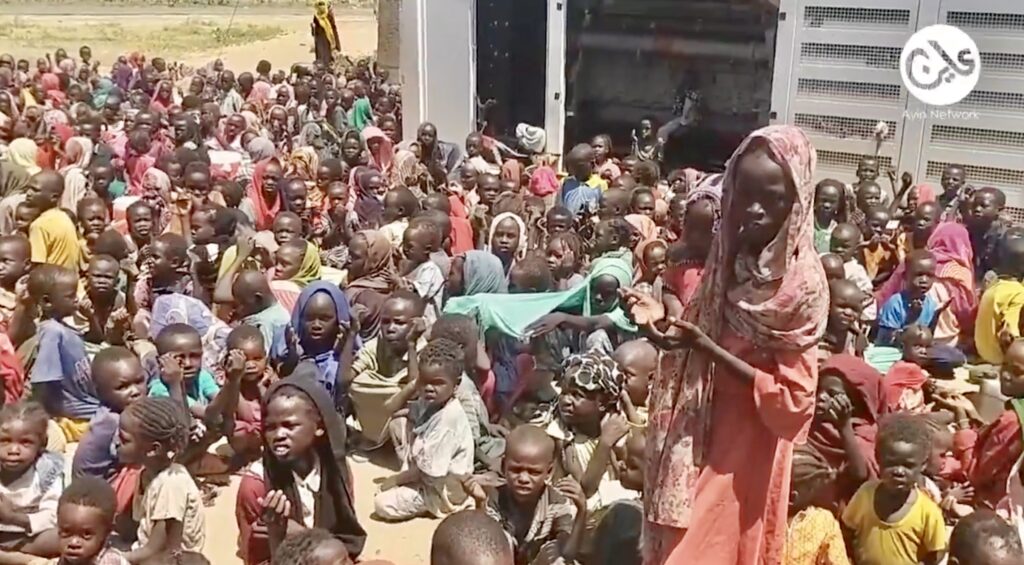 A qualitative shift in the battles of El Fasher
A qualitative shift in the battles of El Fasher
Fighting in El Fasher, the capital of North Darfur, has escalated sharply, with the Sudanese army and allied forces launching a rare offensive against the Rapid Support Forces (RSF). Military sources said troops advanced slightly on the city’s northern and eastern fronts, capturing several combat vehicles. After enduring a lengthy siege, it is the first time in months that the army has taken the initiative.
The RSF, which has encircled the city since May 2024, mounted its counteroffensive on Monday. Its fighters pushed deep into El Fasher, reaching army barracks near the Sixth Division headquarters and parts of the Abu Shouk camp for displaced people. They were later repelled, but the attacks left civilians exposed to the violence.
Last week, witnesses reported that RSF fighters stormed homes in the Al-Nusra neighbourhood, killing men, women, and children and carrying out arbitrary arrests. The assault was followed by heavy shelling around the Saudi Hospital and surrounding districts, forcing thousands of residents to shelter indoors.
The violence has also claimed prominent local figures. On September 11, artillery fire killed civil society activist Abu Bakr Abdul Jabbar, who coordinated aid for displaced families through the “Allah Yabrdi” initiative. Residents described him as one of El Fasher’s most tireless volunteers.
Over the weekend, the RSF used drones and launched attacks from three main axes, intensifying pressure on the army. In response, joint forces regrouped and pushed forward with limited counterattacks, signalling a new phase of the battle for El Fasher.
The escalation has deepened an already desperate humanitarian situation. Food supplies have nearly vanished, prices are at record highs, and medical services are collapsing. The Saudi Hospital, the only facility still functioning, is running out of essential drugs and equipment. Residents warn the city is on the brink of total disaster.
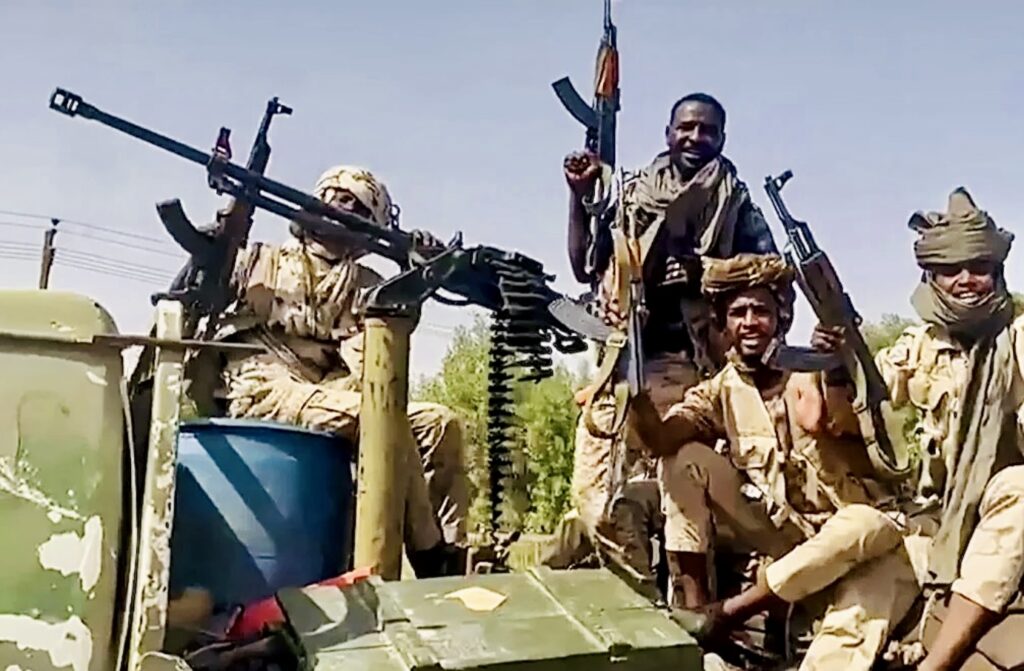 A week of military escalation in Kordofan
A week of military escalation in Kordofan
Kordofan has emerged as a central battlefield in Sudan’s war, with heavy clashes between the army, allied armed groups, and the RSF continuing for a week. The fighting has shifted control of towns and villages several times, raising fears of a prolonged struggle.
Last Thursday, the army declared it had taken Bara and the nearby areas of Kazgil and Rayash in North Kordofan. But by Monday, the RSF had regained Kazgil and Rayash after a counterattack, demonstrating how fluid the conflict remains.
Analysts say Bara is strategically vital, lying on a key road linking Kordofan to Khartoum. Former army officer Khalil Mohammed Al-Saim told Ayin that holding Bara could reduce RSF drone threats to Omdurman and El Obeid and pave the way for lifting the siege on El Fasher. He said the army had benefitted from air support after neutralising RSF anti-aircraft systems.
The RSF, however, has maintained control of several positions on the Omdurman highway, blocking the army’s ability to connect Bara with the capital. A military source said the army’s advance from Ad Duwaym through unpaved roads was highly risky, as RSF forces still control nearby areas.
Meanwhile, RSF fighters pushed close to El Obeid, briefly seizing positions in the Al-Ayara area before the army withdrew deeper into the city. Sources said both sides are reinforcing their positions around El Obeid, indicating new clashes are imminent.
Local observers warn the battle for Kordofan will intensify in the coming weeks. Both the RSF and army have deployed drones and acquired new weaponry, raising the stakes in what could become one of the decisive fronts of the war.
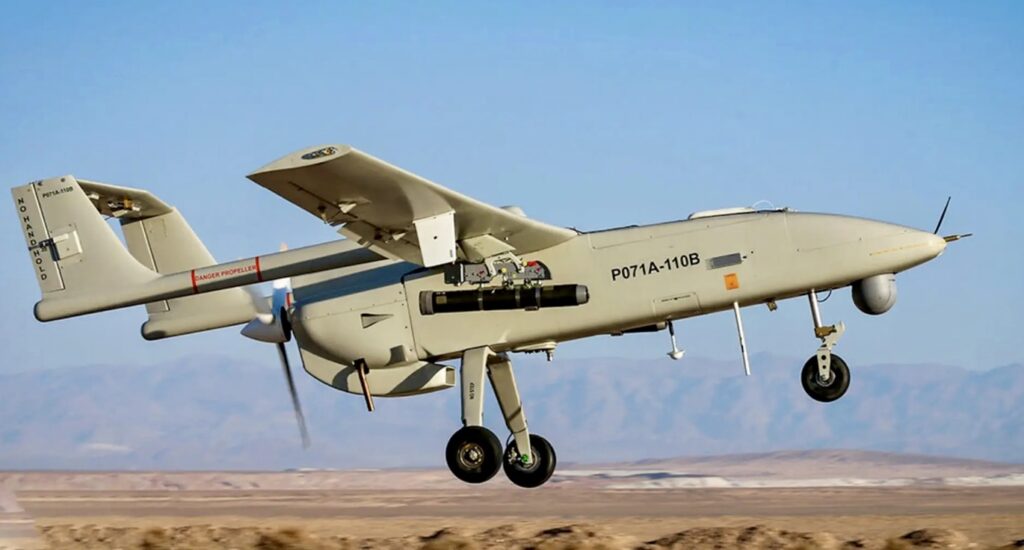 Drone wars return in Sudan
Drone wars return in Sudan
Drone warfare has returned to Sudan after several weeks of relative calm, with strikes targeting military bases and infrastructure in Khartoum, White Nile, and North Kordofan. The Sudan Foundation Alliance has claimed some of the attacks, marking a dangerous escalation.
On Sunday, drones hit the Um Dabakir power plant in White Nile State, a fuel depot in Kosti, and the army’s Kenana Air Base. The strikes caused widespread blackouts in Kosti and Rabak, disrupting life in much of the state. Um Dabakir, one of Sudan’s main thermal power plants, has now been bombed twice.
Earlier in the week, Khartoum suffered its largest drone attack to date. Strikes on the Wadi Saydna base and military security headquarters killed Major General Abu Ubaida Fadlallah. Also affected were the Yarmouk arms factory and the Markhiyat power station, which plunged neighbourhoods into darkness and sparked resident panic.
For the first time, the Sudan Foundation Alliance—a coalition of the RSF, SPLM-N (al-Hilu), and allied groups—claimed responsibility for the operations. The alliance, which recently announced a parallel government, said the attacks were aimed at weakening the army’s strongholds.
Drones have also reshaped fighting in Kordofan, where the army reportedly killed several senior RSF commanders in targeted strikes. The RSF, in turn, claims to have shot down at least one drone in the region.
The escalation underscores how drone warfare has become central to the conflict. Both sides now rely on the technology to strike deep into enemy territory, blurring the line between military and civilian targets and compounding the suffering of ordinary Sudanese.
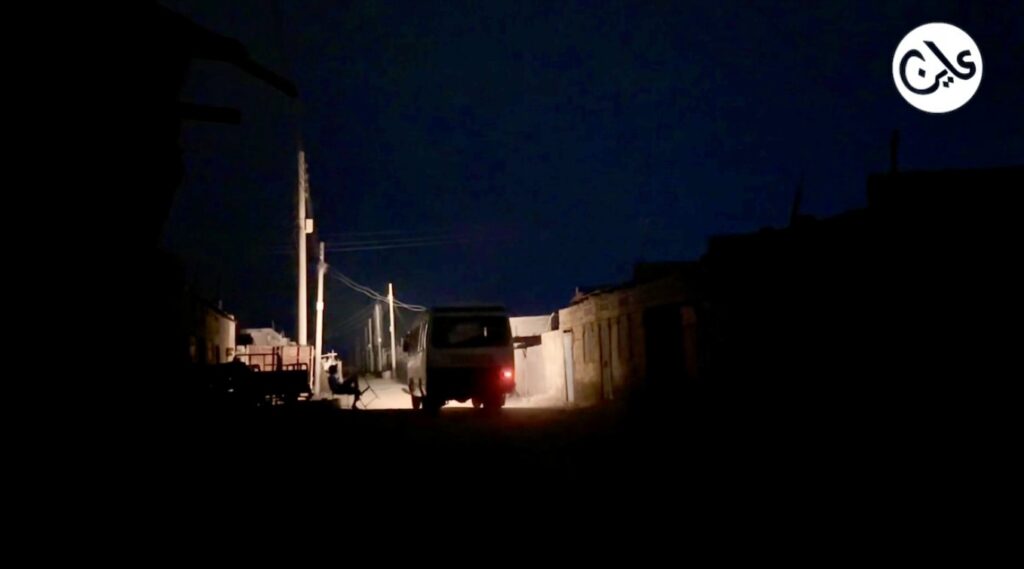 Electricity returns to Omdurman after week-long blackout
Electricity returns to Omdurman after week-long blackout
Power has been restored to Omdurman after a week-long blackout caused by drone strikes that disabled major transformer stations. The outage left residents struggling with heat, overcrowded bakeries, and hospitals operating at minimal capacity.
The blackout began last Tuesday when drones hit the Al-Markhiyat transformer station, a key facility supplying electricity to much of Omdurman. Witnesses reported hearing drones flying at low altitude before explosions cut power across the city. It was the third such strike on Omdurman’s grid since the war began in 2023.
Residents described the disruption as unbearable. Abdul Majeed Abdullah, from the Al-Iskan neighbourhood, told Ayin his family endured nights without fans or air conditioning in sweltering heat, with mosquitoes making sleep impossible. “We thought services would stabilise when we came back, but life here has only grown harder,” he said.
The blackout forced households to rely on costly alternatives such as solar systems and fuel-powered generators. But the prices of both have doubled, limiting access to only wealthier families. One resident, Wajdan Taha, said her family spent four million Sudanese pounds on solar panels, a purchase that drained savings meant for essential needs.
Hospitals reported severe disruptions during the outage. Emergency wards were forced to ration generator use, while some facilities suspended operations entirely. Bakeries also struggled, with long lines forming daily as residents sought scarce bread.
Although power returned on Monday, residents remain worried about renewed strikes. The RSF has repeatedly targeted power stations as part of its drone campaign, raising fears that Omdurman and other cities could face further blackouts at any time.
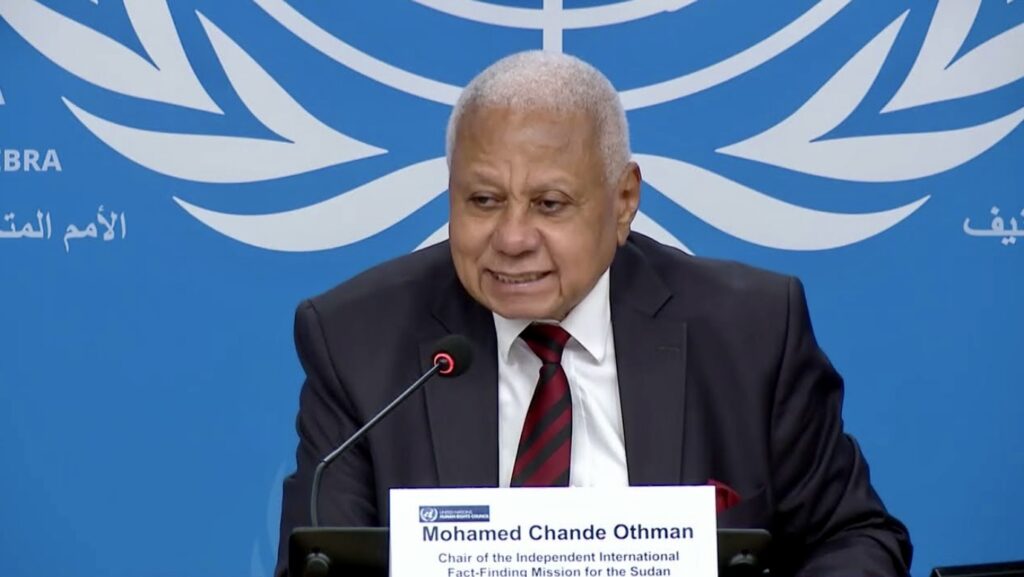 Sudan pushes to end UN fact-finding mission
Sudan pushes to end UN fact-finding mission
Sudan’s military-controlled government is lobbying to shut down the UN fact-finding mission investigating atrocities in the country’s ongoing war. Officials are negotiating in Geneva to prevent the mission from receiving a one-year mandate extension.
Attorney General Intisar Abdel Aal, appointed earlier this month, addressed the Human Rights Council on September 10. She argued the mission, led by former Tanzanian Supreme Court judge Mohamed Osman Chande, had “deviated from its path” and politicised its work. She also denied allegations that the army or its allies used chemical weapons.
Diplomatic sources told Ayin that Sudanese envoys are working to secure votes to end the mission. Reports already published by the mission, documenting atrocities against civilians, have angered both the army and the RSF, according to one diplomat.
According to the same source, the mission is preparing to collect evidence on the possible use of internationally banned weapons in Sudan. Funding for this next phase is pending, but human rights defenders are pressing for the mandate to continue so investigators can pursue these cases.
At a press conference in Geneva on September 9, Judge Chande warned that Sudan was experiencing “a war of atrocities”. He urged the international community to act, saying Sudanese civilians “deserve justice, protection, and a future free from violence.”
The government, however, has vowed to push back. Abdel Aal told the Council that Khartoum will pursue those “promoting false claims about chemical weapons” through the UN system, portraying the mission as part of a wider campaign against Sudan’s sovereignty.
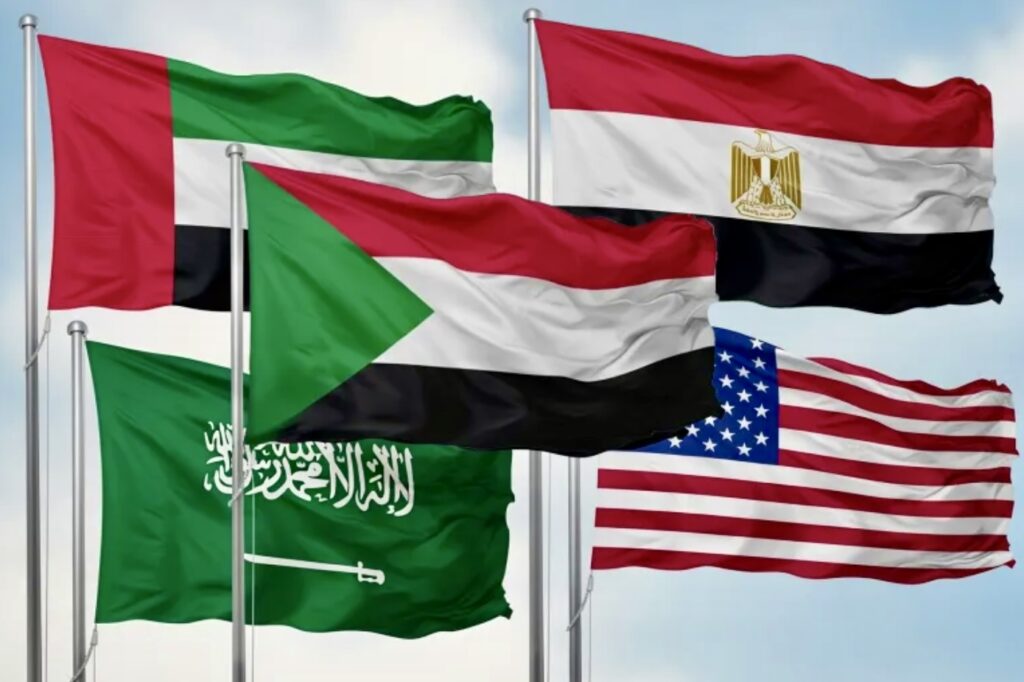 Quad statement sparks political backlash
Quad statement sparks political backlash
A joint statement from the Quad—comprising the US, Egypt, the UAE, and Saudi Arabia—has drawn mixed reactions in Sudan, exposing deep political divides over the country’s future. The statement, issued Saturday, urged a civilian-led transition within nine months and rejected any military solution to the war.
The Quad stressed Sudan’s sovereignty and unity, calling for an inclusive process that gives Sudanese people—not warring factions—control over governance. It also warned against external military support for either side, saying such backing fuels conflict and regional instability.
The response in Sudan was swift and polarising. The Islamist movement, led by Ali Karti, denounced the plan as “arrogant interference” and accused the UAE of hypocrisy for backing the RSF with weapons and money. It insisted no international actor could legitimise the RSF as part of any settlement.
The Alliance of Radical Change Forces, which includes the Sudanese Communist Party, also rejected the statement. It accused the Quartet of pursuing its own geopolitical and economic interests in Sudan, including access to resources and strategic control of the Red Sea.
By contrast, the Civil Democratic Alliance (Somoud) welcomed the proposal. It called the Quad’s plan a clear roadmap to end the conflict and urged both sides to commit immediately. In a statement, the coalition said coordination between local, regional, and international actors was essential to secure peace.
The Quad ministers pledged to monitor compliance closely and reconvene if necessary. But with major political blocs rejecting the plan outright, the path toward the transition they envision remains fraught with obstacles.
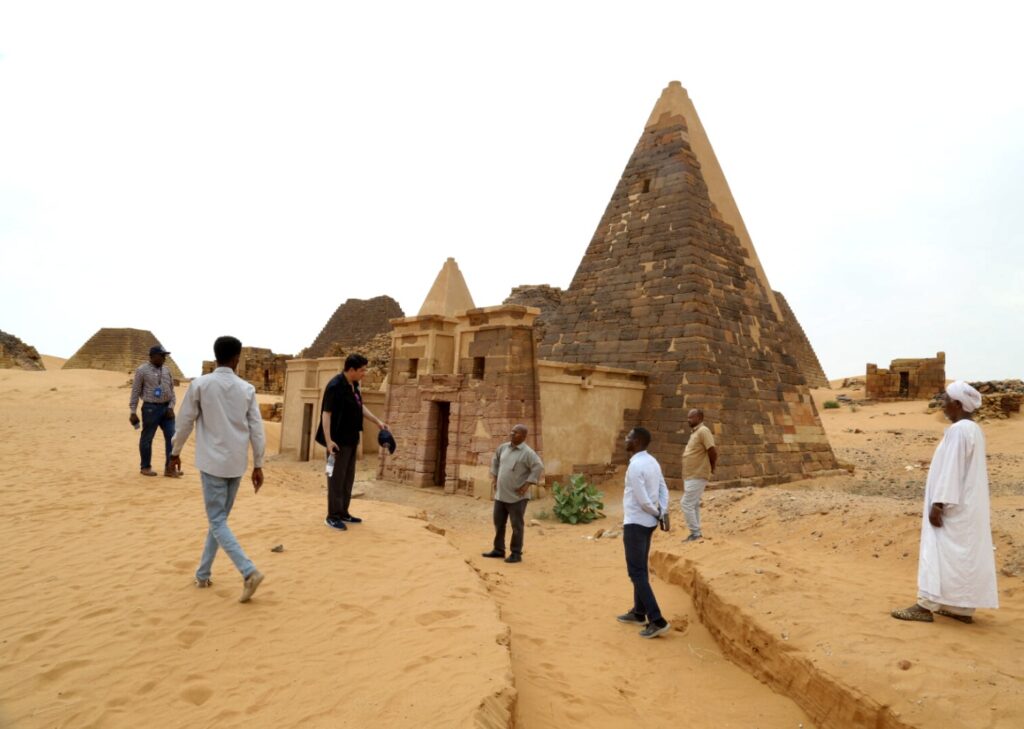 UNESCO: Thousands of Sudanese artifacts have been stolen
UNESCO: Thousands of Sudanese artifacts have been stolen
Since the start of the war in 2023, Sudan’s museums have seen the theft of more than 4,000 artefacts, according to UNESCO. The looted items include pieces from the National Museum in Khartoum and other major collections, representing a severe blow to the country’s cultural heritage.
Abdul Rahman Ali, head of culture at UNESCO’s Sudan office, said the war has inflicted “huge losses” on the antiquities sector. A delegation recently visited the Bajrawiya pyramids, the Royal City, and other World Heritage sites to assess damage.
Officials warned that conflict is only one of several threats facing Sudan’s ancient heritage. Sites are also vulnerable to flooding, shifting sands, and climate change. Together, these pressures risk erasing invaluable links to the Kushite culture, which once thrived in the Nile Valley.
UNESCO has launched a two-year emergency plan to address the crisis. The initiative includes documenting stolen artefacts, training Sudanese specialists, and combating illicit trafficking. Plans are also underway to restore damaged collections, including parts of the National Museum.
Ahmed Junaid Soroush, UNESCO’s country director, said preserving Sudan’s heritage was vital not only for Sudanese identity but also for global culture. “These sites belong to humanity as a whole,” he said, calling for international support to safeguard them.
Bajrawiya and the Royal City were added to UNESCO’s World Heritage List in 2011 for their exceptional value. The sites include more than 200 pyramids, temples, and royal tombs but now face uncertain survival amid war and neglect.
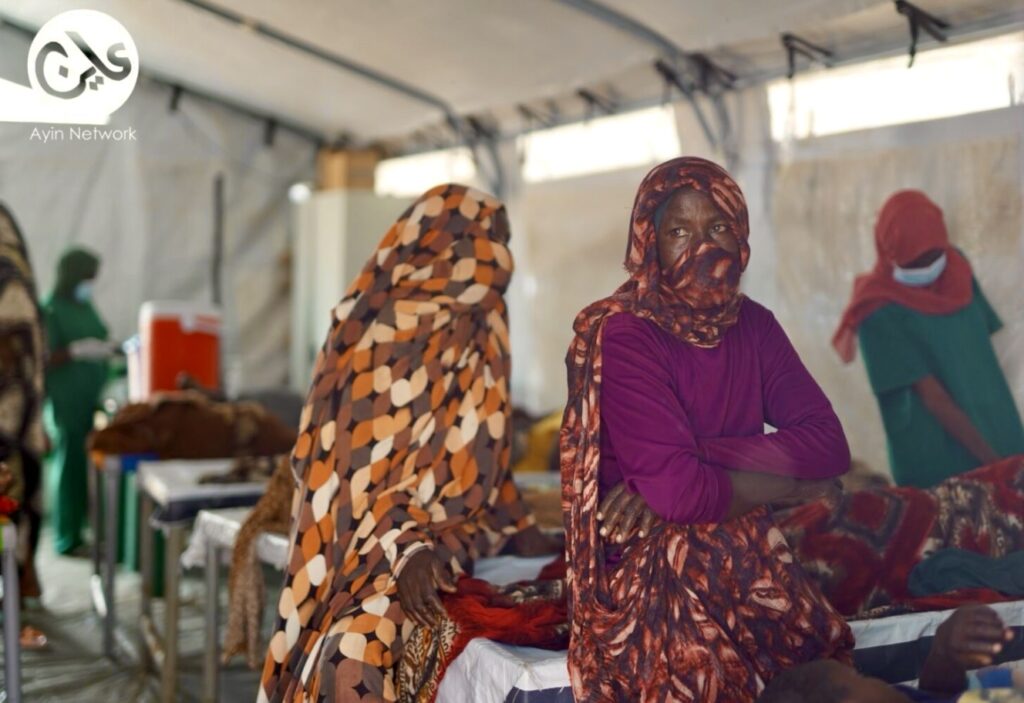 Sudan’s cholera crisis worsens
Sudan’s cholera crisis worsens
Sudan is grappling with one of its worst cholera outbreaks in decades, with health authorities and aid agencies reporting more than 100,000 suspected cases and at least 2,500 deaths since mid-2024. The epidemic has spread to all 18 states, fuelled by war, displacement, and the collapse of public services.
Darfur, Khartoum, and White Nile states are among the hardest hit. Médecins Sans Frontières (MSF) reported nearly 100,000 suspected cases nationwide by August, with more than 2,300 patients treated in Darfur in a single week. In Central Darfur, MSF documented more than 2,200 cases and 39 deaths since July.
The World Health Organisation (WHO) confirmed 48,768 cases and 1,094 deaths by August 11, warning that the mortality rate remains high at 2.2 percent. It cited Khartoum, North Kordofan, and White Nile as the epicentres, with tens of thousands infected in each.
Local data paints an equally grim picture. The General Coordination Office for Displaced Persons reported 416 new infections and 12 deaths in Darfur on September 15 alone, bringing the region’s total to over 11,000 cases.
The Federal Ministry of Health said more than 91,000 infections and 2,300 deaths were recorded from August 2024 to July 2025, with cases continuing to rise. Its latest figures put total infections at over 101,450 with at least 2,515 deaths.
UNICEF warned that children and displaced families are the most vulnerable. In North Darfur alone, 1,180 cases were recorded among children under five. Aid agencies caution that unless funding gaps are addressed, the outbreak could spiral further in the coming weeks.


